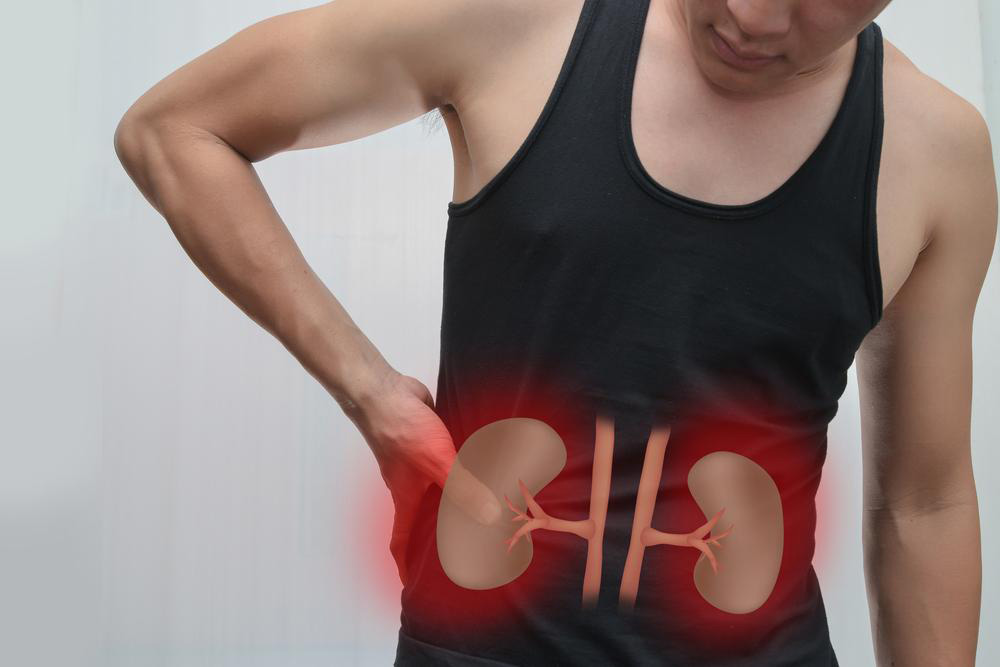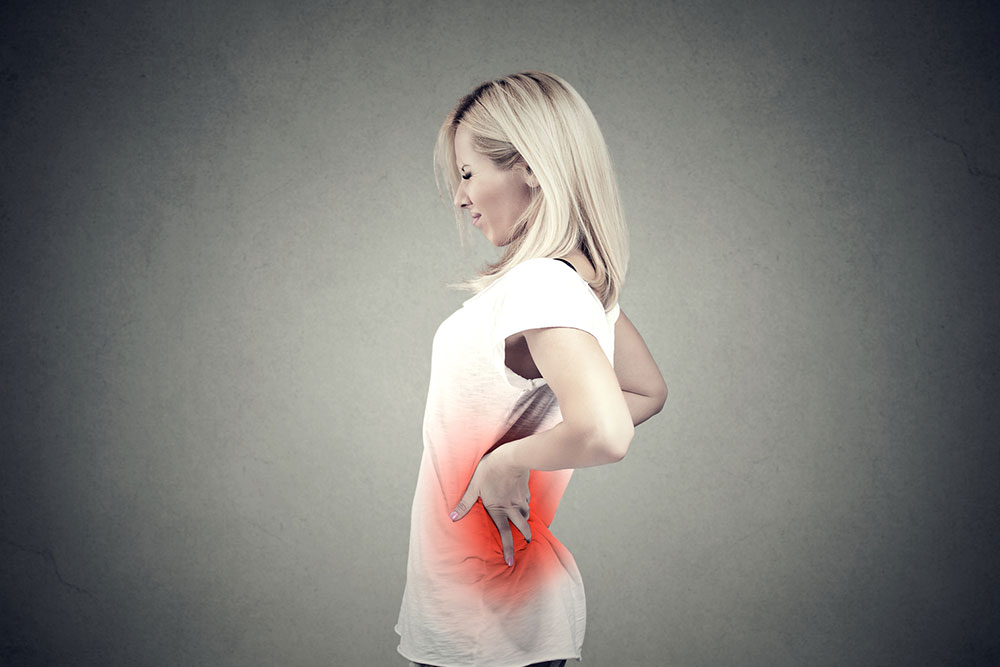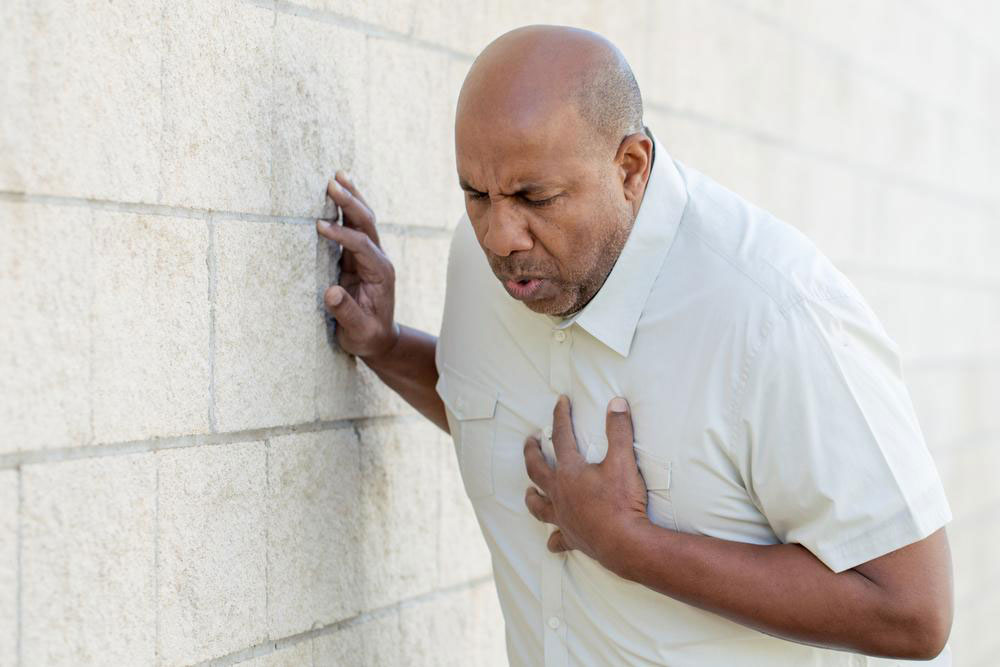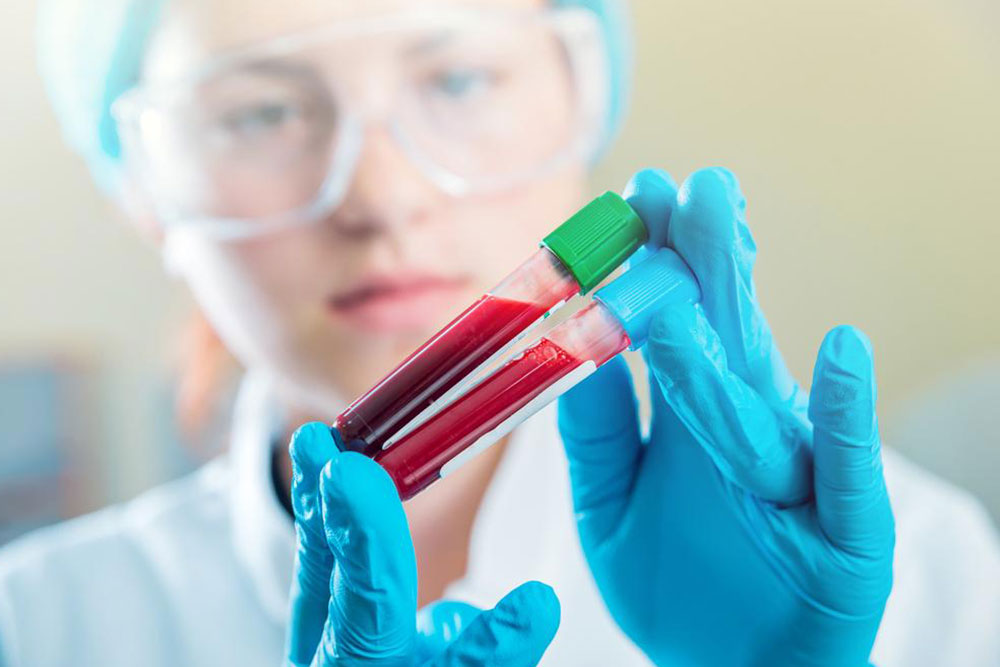Understanding the Connection Between Lower Back Discomfort and Kidney Health
Explore the vital connection between lower back discomfort and kidney health. Learn about causes like stones, infections, and cancer, along with symptoms and treatment options. Early detection of kidney-related issues can prevent severe health problems. This comprehensive overview highlights signs to watch for and encourages timely medical attention to ensure kidney wellness and overall health.
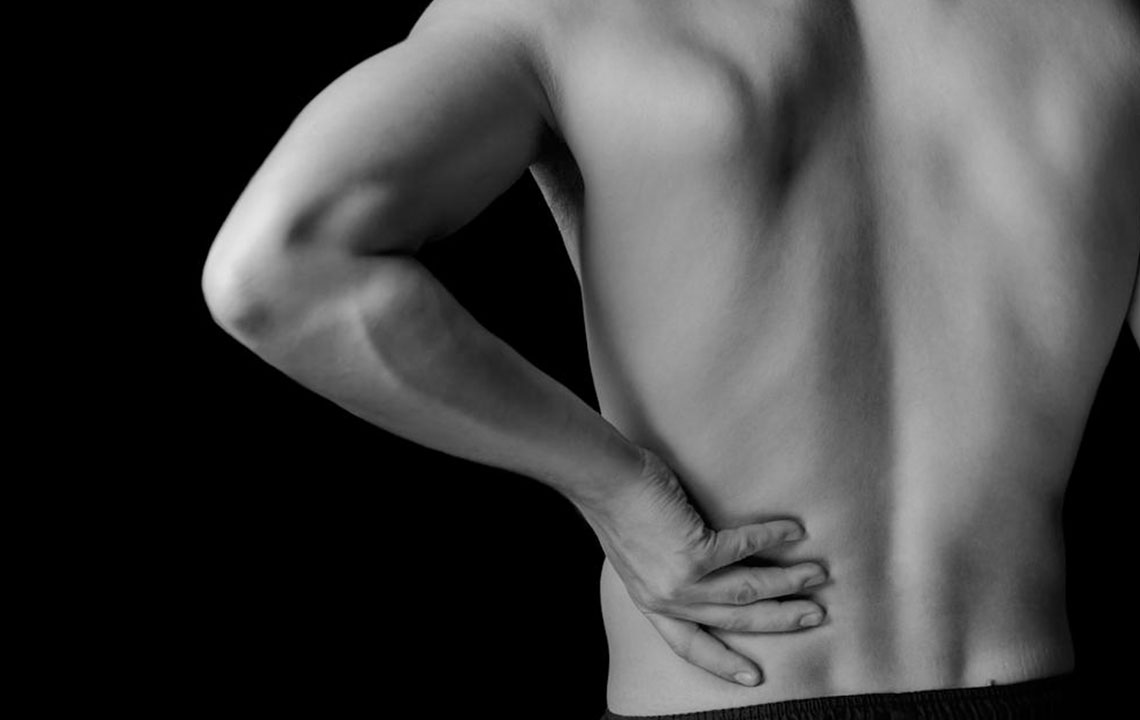
The kidneys are essential, bean-shaped organs located on either side of the human body, playing a vital role in filtering blood, maintaining fluid balance, regulating blood pressure, and removing waste. Various kidney conditions such as stones, infections, tumors, and cysts can cause symptoms like lower back pain. Often overlooked, this discomfort might signal underlying kidney issues requiring prompt attention. Pain in the flank area, between the ribs and hips, may be linked to conditions like kidney stones, infections, or cancers, each presenting distinct symptoms and treatment options. Recognizing these signs early can prevent serious health complications.
Kidney stones are crystalline particles forming in the kidneys, leading to sharp, fluctuating pain that may radiate to the groin. They develop due to dietary habits or hereditary factors. Small stones might pass unnoticed, but larger ones may require procedures like lithotripsy to break them apart. Staying well-hydrated and avoiding oxalate-rich foods can help prevent stones.
Kidney infections, caused by bacteria such as E. coli, can lead to severe lower back pain, fever, and chills. Immediate antibiotic treatment is crucial, and symptom management may include heat application, hydration, and avoiding alcohol and caffeine.
Kidney cancer, including renal cell carcinoma, often presents as persistent back pain below the ribs. Risk factors include age, obesity, smoking, hypertension, and genetic conditions. Treatment options include surgical removal—either total nephrectomy or partial removal—and advanced therapies like cryoablation, radiofrequency ablation, biological therapies, radiation, and targeted medications. Early diagnosis improves prognosis.
Renal infarction occurs when blood supply to the kidney is obstructed, resulting in tissue death and intense flank pain that should not be mistaken for common backache. Treatments include pain management, angioplasty, embolectomy, and anti-inflammatory medications. Consulting a nephrologist is vital for appropriate care.
This article aims to shed light on the link between lower back pain and kidney health. Recognizing symptoms promptly can lead to early diagnosis and effective treatment, preventing serious complications. Regular medical check-ups and awareness are essential for maintaining kidney health.


